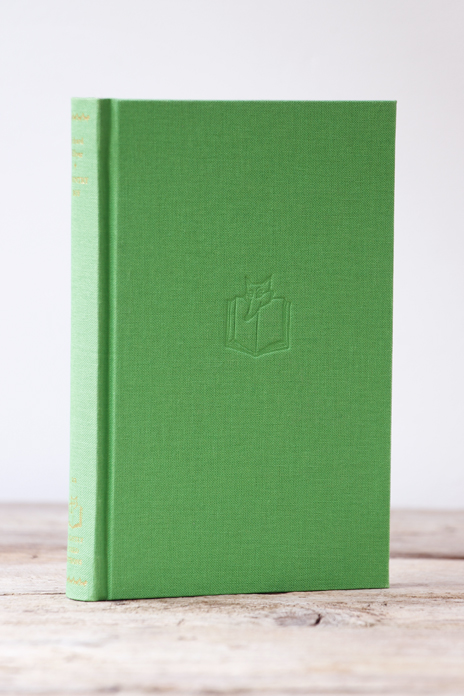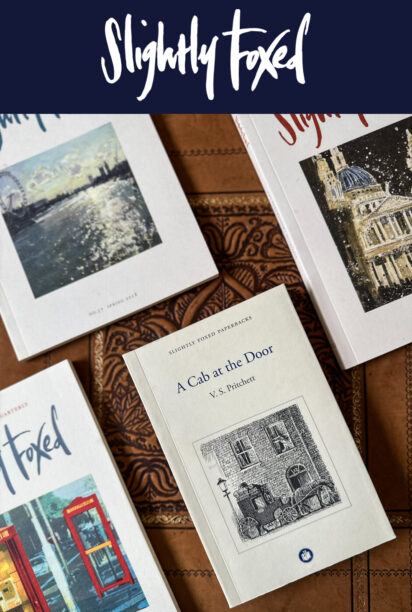Richard Hillyer was the pseudonym used by Charles Stranks, a farmworker’s son who grew up in great poverty in a remote Buckinghamshire village in the years before the First World War. Country Boy describes how, against all the odds, he managed to educate himself and get to university. It is an extraordinary and moving story.
Hardwick (which Richard Hillyer calls Byfield) was a village virtually unchanged since Saxon times, where life moved to the rhythm of the seasons. The squire ruled the roost, and for families like the Hillyers, tied to the land and to the farmers who had owned it for many generations, there was no way out of poverty, no room for self-advancement. Boys like Richard left the village school at an early age and became labourers like their fathers.
Yet the snatches of literature he picked up in the classroom set this young boy’s imagination on fire. With battered volumes of Scott’s novels he had found thrown out for burning and books he managed to buy for a few pennies at a rundown market stall, he built up a small library. Among them were some textbooks, from which he taught himself Latin. When the Rector discovered this by chance, he could hardly believe it. It was he who helped Richard make his escape.
Country Boy is a touching and unforgettable book on many levels. Written with almost painful honesty but without bitterness, it is both an unsentimental picture of rural life in the early years of the last century, and a deeply poetic evocation of the unspoilt English countryside and its effect on the imagination of a sensitive boy. Above all it is a story of a fight against incredible odds which is totally absorbing to the end.
‘A fascinating book . . .’
‘I was thrilled to read Country Boy as I have been researching my family in Hardwick-cum-Weedon for about forty years – and had no idea that the book existed! I enjoyed the book hugely . . .’
Read moreCountry Boy
The coloured words flashed out and entranced my fancy. They drew pictures in the mind. Words became magical, incantations, abracadabra which called up spirits. My dormant imagination opened like a...
Read moreImmemorial Rhythm
Few have recalled that now distant rural way of life with such riveting honesty as Richard Hillyer in his memoir Country Boy. Richard Hillyer was the pseudonym used by Charles James Stranks, the son...
Read more














‘With their small size and brightly colored cloth covers, Slightly Foxed Editions resemble jewels in book form, a literary treasure chest. And here is treasure indeed. Each book contains a memoir of a singular individual, revealing many facets of human nature in all its richness and complexity. Most are reprints, revived from the archives of the past for a new generation of discerning readers. While some are attached to well-known names like Rosemary Sutcliff and Graham Greene, many are from authors who have lapsed into obscurity.
In the latter category is Country Boy, a moving yet supremely unsentimental account of a boy’s life within an English farm laborer’s family just over a century ago. Deep feeling and clear-eyed observation merge to create a memorable, distinct picture of that vanished world and of the brave, struggling souls who inhabited it. The country life is neither idealized as a pastoral Arcadia, as we tend to see it today, nor demonized as a hotbed of vice and squalor, as certain novelists would have it. Both the beauties and the drawbacks of traditional rural life are described in calm, measured prose that brings a place and people vividly before us, with few judgments but many telling details.
Most memorable to me were the passages in which the author describes his longing for something different, a way into the wider world revealed to him by the scraps of literature he was able to pick up within his outwardly impoverished existence. How he treasured and sought and ultimately used these to grow into something more than the fate he was born to forms a narrative as gripping as that as any novel. For those of us who value reading above nearly all other pleasures and benefits of life, he articulates experiences and feelings that we can share no matter what the circumstances of our birth or upbringing.
The coloured words flashed out and entranced my fancy. They drew pictures in my mind. Words became magical, incantations, abracadabra which called up spirits. My dormant imagination opened like a flower in the sun. Life at home was drab and colorless, with nothing to light up the dull monotony of the unchanging days. Here in books was a limitless world that I could have for my own. It was like coming up from the bottom of the ocean and seeing the universe for the first time.
Country Boy is a real gem, one I’m sure I’ll return to often for its wisdom, insight, and compassion. I do wish that the story could have been continued; this was the author’s only memoir, and it breaks off at a very exciting point. But he didn’t set out to chronicle his whole life, only to capture a certain bygone time, and that he does to perfection.’